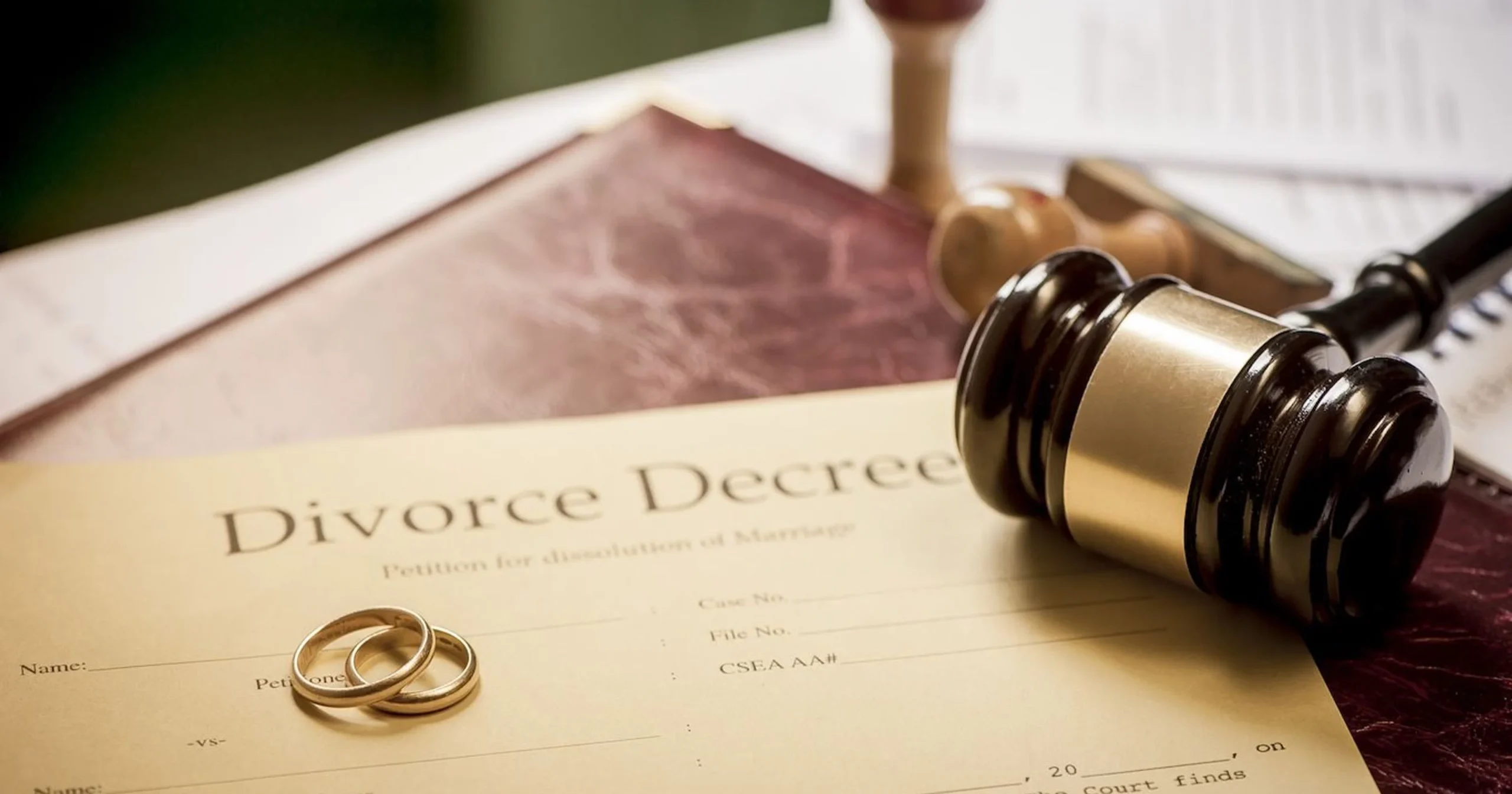Divorce is never easy—emotionally, financially, or legally. For expats in the UAE, the process can be even more complicated due to differences in legal systems, cultural expectations, and jurisdictional issues. Whether you’re married to another expat or a UAE national, it’s crucial to understand the legal landscape before starting divorce proceedings.
This guide outlines the essential steps for expats considering or facing divorce in the UAE. It also covers your rights, legal options, and how to make the process as smooth and informed as possible.
1. Where Should You File for Divorce?
If you’re an expat living in the UAE, you have two primary options:
- File under UAE law: This is done through the Personal Status Court.
- Request the application of your home country’s laws: Depending on your nationality and circumstances, the court may allow foreign laws to be applied.
In most cases, if both parties are from the same country, that nation’s laws may be applied upon request. If the couple is of different nationalities, the court typically applies UAE law unless a joint legal request is submitted.
2. What Laws Apply to Divorce Cases?
Recent changes to UAE family law have made the process more expat-friendly. Key laws include:
- Federal Decree-Law No. 41 of 2022 (for non-Muslim expats)
- Personal Status Law (Federal Law No. 28 of 2005) for Muslim couples
Non-Muslim expats can now file for divorce under secular provisions, with simplified steps and fewer procedural hurdles.
3. Initiating the Divorce Process
The divorce process typically begins with filing a case at the Family Guidance Department in the emirate where you reside. This stage involves:
- An attempt at mediation
- Documentation of intent to divorce
- Scheduling initial hearings
If reconciliation fails, the case moves to the Personal Status Court for formal proceedings.
4. Required Documents
To initiate a divorce, you’ll need the following:
- Original and copy of the marriage certificate
- Emirates ID and passport copies for both spouses
- Proof of residency (Ejari or tenancy contract)
- Birth certificates of children (if applicable)
- Any relevant prenuptial or postnuptial agreements
These documents should be translated into Arabic and legally attested if issued outside the UAE.
5. Division of Assets and Property
In the UAE, there is no automatic 50/50 division of assets. The court reviews:
- Individual and joint property ownership
- Financial contributions of each spouse
- Legal agreements, if any, regarding asset distribution
If UAE law is applied, each party typically retains assets registered in their name unless it’s proven otherwise.
6. Alimony and Financial Support
Under UAE law, a husband may be required to pay:
- Nafaqa (maintenance): Covering housing, food, clothing, and health expenses for the wife and children
- Iddah (waiting period) allowance: Usually for three months post-divorce
- Child support: Ongoing costs for minors until they reach adulthood or marriage
The amount is determined by the court based on the husband’s income, lifestyle, and the children’s needs.
7. Child Custody and Visitation
UAE law prioritizes the best interest of the child, with the default arrangement being:
- Mother as custodian (day-to-day care)
- Father as guardian (financial responsibility and legal authority)
Courts can modify custody based on:
- Living conditions
- Behavior and conduct of the parents
- Ability to provide emotional and financial support
Custody typically remains with the mother until the boy turns 11 and the girl turns 13, after which custody may be reviewed.
8. Mediation and Reconciliation
Before moving to court proceedings, couples must attend mediation sessions through the Family Guidance Department. This step is mandatory and aims to:
- Encourage reconciliation
- Protect the rights of children
- Provide a confidential space for dialogue
If no agreement is reached, a report is submitted, and the case proceeds to court.
9. Timeline and Costs
The divorce process can take several months, depending on:
- Complexity of the case
- Disputes over custody or assets
- Court backlog
Legal fees vary and may include:
- Lawyer’s fees
- Translation and attestation of documents
- Court filing costs
10. Post-Divorce Considerations
Once the divorce is finalized:
- Update residency status (especially if sponsored by a spouse)
- Change wills and legal documents
- Address custody and visitation enforcement
- Consider relocation rules if moving with children
Expats should also inform their consulate and check whether the divorce needs to be registered in their home country.
Conclusion: Know Your Rights, Plan Your Steps
Divorce in the UAE can be challenging, particularly for expats navigating unfamiliar laws. But with the right legal guidance, thorough preparation, and understanding of your rights, the process can be managed with clarity and fairness.
Whether you’re at the beginning of a separation or dealing with custody disputes, professional legal support ensures your interests—and those of your children—are protected at every step.



